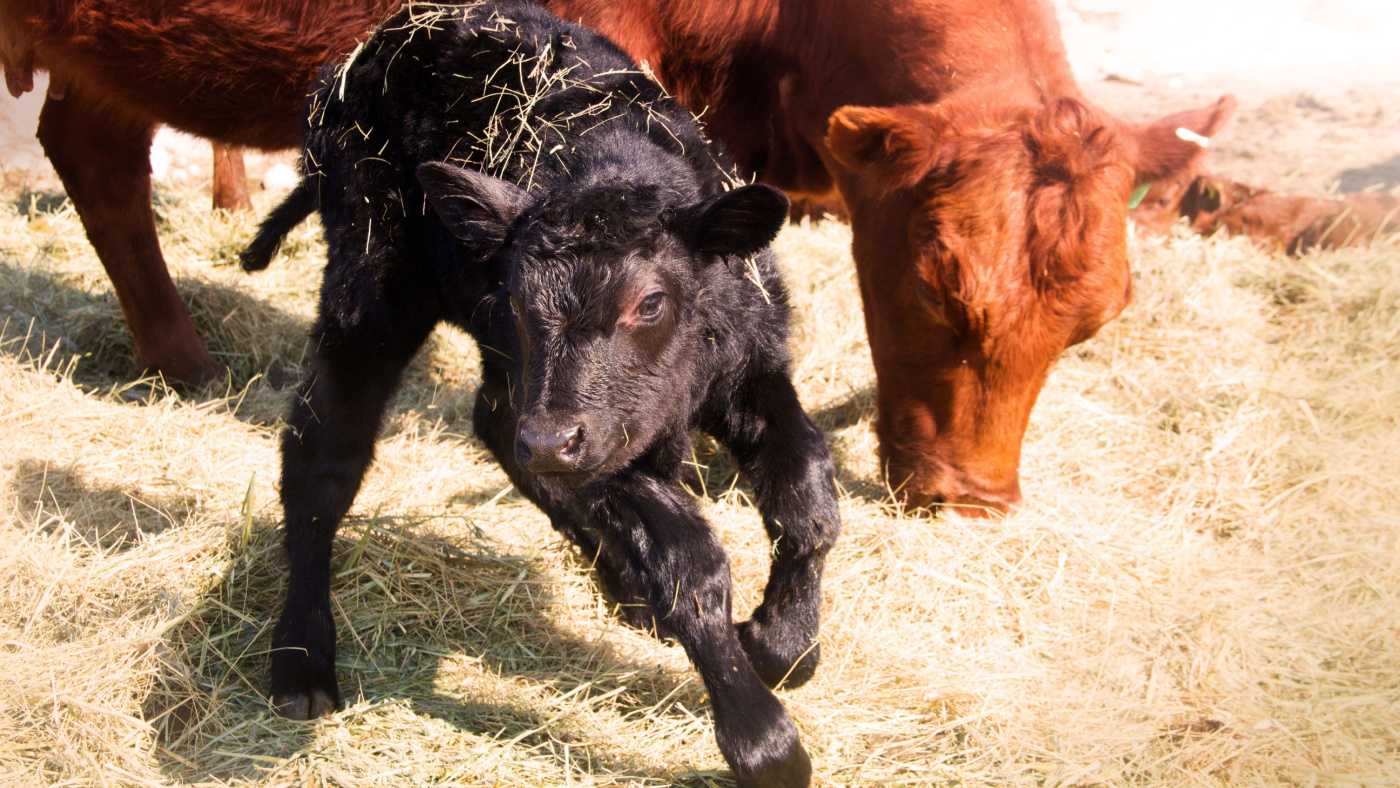Preparing for the calving season is a critical aspect of beef cattle management. Dr. Brett Terhaar, beef technical consultant for Elanco Animal Health, says you can never prepare too much or too early for calving.
“If we need to change direction, especially on nutrition, we need to think about that 60 to 90 days ahead of calving. So generally, I recommend people make an honest evaluation of the body condition score of their animals ahead of that third trimester. A good practice would be to go out and look at the first 20 animals that you see in the group and write down each of their body condition scores. We want to see it at a six to six-and-a-half body condition score for heifers and five-and-a-half to six for cows. Evaluating that 60 to 90 days prior to calving gives us time to add a little weight to those cows if we need to. It is really difficult to change course on body condition score after calving. Having animals in the correct body condition score sets us up to have healthy calves on the ground right now and has a great impact on fertility, which will impact next year’s calf crop.”
He talks about the steps producers can take to set cows up for a successful calving season.
“There are two things that I pay attention to when we’re getting ready for the calving season. One is nutritional management and management of vaccines. When we look at nutrition, we want to make sure that it’s a balanced ration. You can work with a nutritionist or your local feed store. We want to make sure that we have adequate protein and energy going into the calving season. That has an effect on live calf birth weights and has an effect on colostrum quantity and quality. The other thing is the use of vaccination, and that’s important in that it can change the quantity and the quality of the colostrum. Doing that at the proper time is also important. We want to be in the eight to 10 weeks prior to calving range of time when we would apply the vaccine to the cows or heifers.”
To learn more about how to keep your cattle one step ahead, talk with an Elanco Animal Health representative or visit FarmAnimal.Elanco.com.


